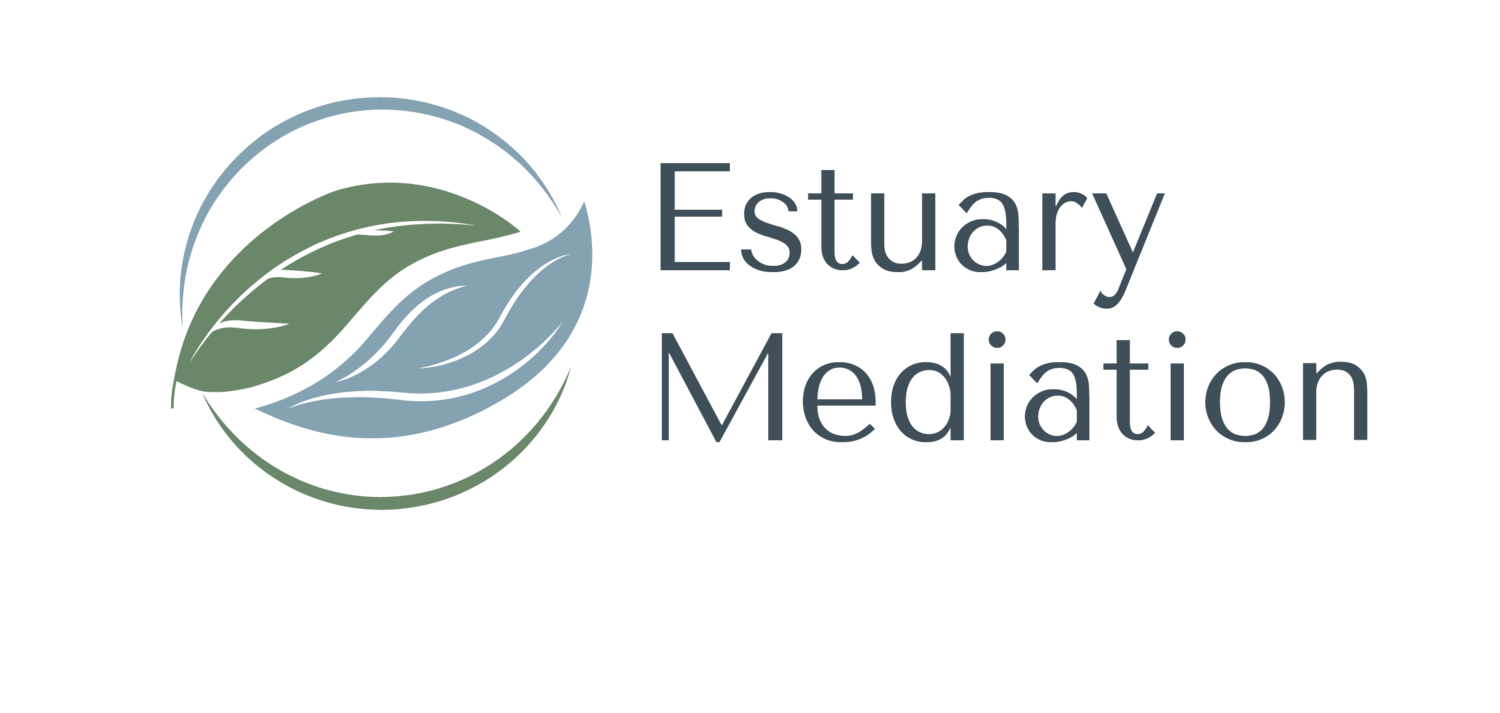Child Protection Mediation
The best interests of the child are paramount. I help families, communities, and social workers identify shared priorities and create collaborative solutions.
Child Protection Mediation is available in British Columbia only through the Child Protection Mediation Program (CPMP), managed by Mediate BC. Registered Roster Mediators with the Child Protection designation are specifically qualified to mediate child protection matters pursuant to section 22 of the Child, Family and Community Service Act (CFCSA).
I can help you
Engage all parties in decision making
Parents/guardians and social workers share perspectives and participate in decision-making about children.
Formulate mediation agreements
These agreements can also be legally binding once approved by the court and move court processes forward.
Bring community together
Parents/guardians, social workers, children/youth, extended family, Indigenous representatives, legal counsel, advocates can all play important roles.
Build healthy communication
Ensure all necessary voices are given an opportunity to be heard.
Amplify collaboration
Building on strengths of each person and focusing on shared goals.

The Process
Agree to Mediation
A family member/guardian or social worker suggests mediation for a file, and all parties agree to it voluntarily.
Submit Referral
A professional or a family member/guardian submits a CP mediation referral form to the CPMP via email. Either party can request mediation. Child Protection mediation is entirely voluntary and confidential; all participants must be willing to attend and participate.
Referral forms can be found here.
Completed forms can be emailed to Mediate BC at CPMEDIATION@MEDIATEBC.COM. All communications are Confidential, adhering to government Privacy regulations.
Mediator Accepts Referral
A specific mediator such as myself can be requested and every effort is made to pair the mediator with the file. If I am unavailable, the referral is connected to another mediator.
Mediator Initiates Mediation Process
Once I am confirmed as the mediator for the family, I will reach out to all parties to establish and begin the mediation process.
Pre-mediations and Mediations
I will meet with each party, parent/guardian and social worker, for an hour-long session. After I meet with each party, a joint mediation will be planned. Mediations generally range from 3-6 hours and multiple mediation sessions can occur if needed.
Frequently Asked Questions
What is Child Protection Mediation?
Child Protection Mediation is a voluntary process where parents, child welfare workers, and other relevant parties work together with the help of a neutral mediator to create agreements about the care and safety of a child.
Who can participate in Child Protection Mediation?
Typically, the child's parent(s) or guardian, a child welfare worker, and the mediator are involved. Other people with significant ties to the child or family, such as extended family members, friends, advocates, or representatives of Indigenous communities, can also participate.
What issues can be addressed through mediation?
Mediation can address various issues, including the services the family will receive, the length of time the child will be cared for by someone other than the parents, plans for supports in the parents' home, access arrangements, and ensuring the child's cultural, racial, linguistic, and religious heritage.
Is mediation mandatory?
Mediation is voluntary. All parties must agree to participate before it can proceed. *In some cases, a judge may order court mandated mediation which may have consequences if parties do not engage in mediation.
Can children and youth participate in mediation?
Yes, children and youth can participate. They can share their thoughts and views, either directly or through someone representing them.
What is the role of the mediator?
The mediator is a trained neutral person who helps facilitate discussions, keeps the conversation focused and respectful, and encourages finding common interests to work towards a mutually acceptable solution.
Is there a cost for child protection mediation?
No, there is no cost to the parent for having a child protection mediator.
How can Indigenous families be supported during mediation?
Mediators work to create respectful and inclusive environments, which can include talking with the family about their cultural needs, inviting elders, holding sessions in traditional places, and having mediators who self-identify as Indigenous.


